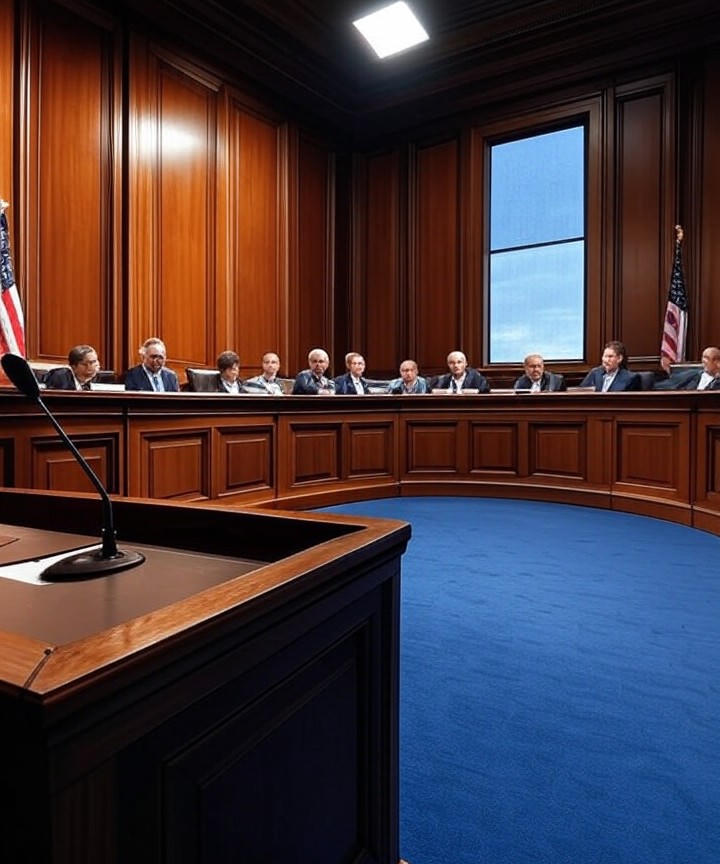Minnesota’s First Recreational Cannabis Dispensary Opens Outside Tribal Lands
The White Earth Nation made history on Saturday by opening the state’s first recreational cannabis dispensary outside tribal lands in Moorhead, Minnesota. Waabigwan Mashkiki, the tribe’s cannabis business, has set a precedent for other states and tribes to follow.
The dispensary, which means “flower medicine” in Ojibway, is the result of a recent tribal-state compact between Minnesota and the White Earth Nation. The compact outlined the guidelines necessary for the tribe to operate cannabis businesses outside the reservation.
“We’re trying to work really hard to drop the taboo and the concept or the thought process that this is a bad thing,” said Zach Wilson, CEO of Waabigwan Mashkiki. “This is a great product. It’s a safe product, and more people should be using it.”
The dispensary had hundreds of customers within an hour of its grand opening, with a long line forming before the doors opened at 10 a.m. Products available on opening day included smokeable flower and drinks, with gummies and concentrates like vape cartridges to be added soon.
The tribe’s cannabis business is unique in that it is vertically integrated, meaning that everything is grown, processed, and manufactured in-house. This ensures that every product is of the highest quality and safety.
Customers can scan QR codes on product labels to check the quality and safety of their purchases. The tribe is also committed to education, aiming to dispel the stigma surrounding cannabis use.
The dispensary’s location in Moorhead was chosen due to its proximity to the reservation, making it easily accessible to customers. The tribe plans to open another dispensary in St. Cloud next month.
The opening of the dispensary has been met with enthusiasm from customers, including Damion Knudsen of Fargo, who traveled across the Red River to make a purchase. “It’s a wonderful thing for Minnesota,” he said. “The stigmas of the harms of cannabis, I think they’re starting to understand that it’s not as harmful as they once thought.”












